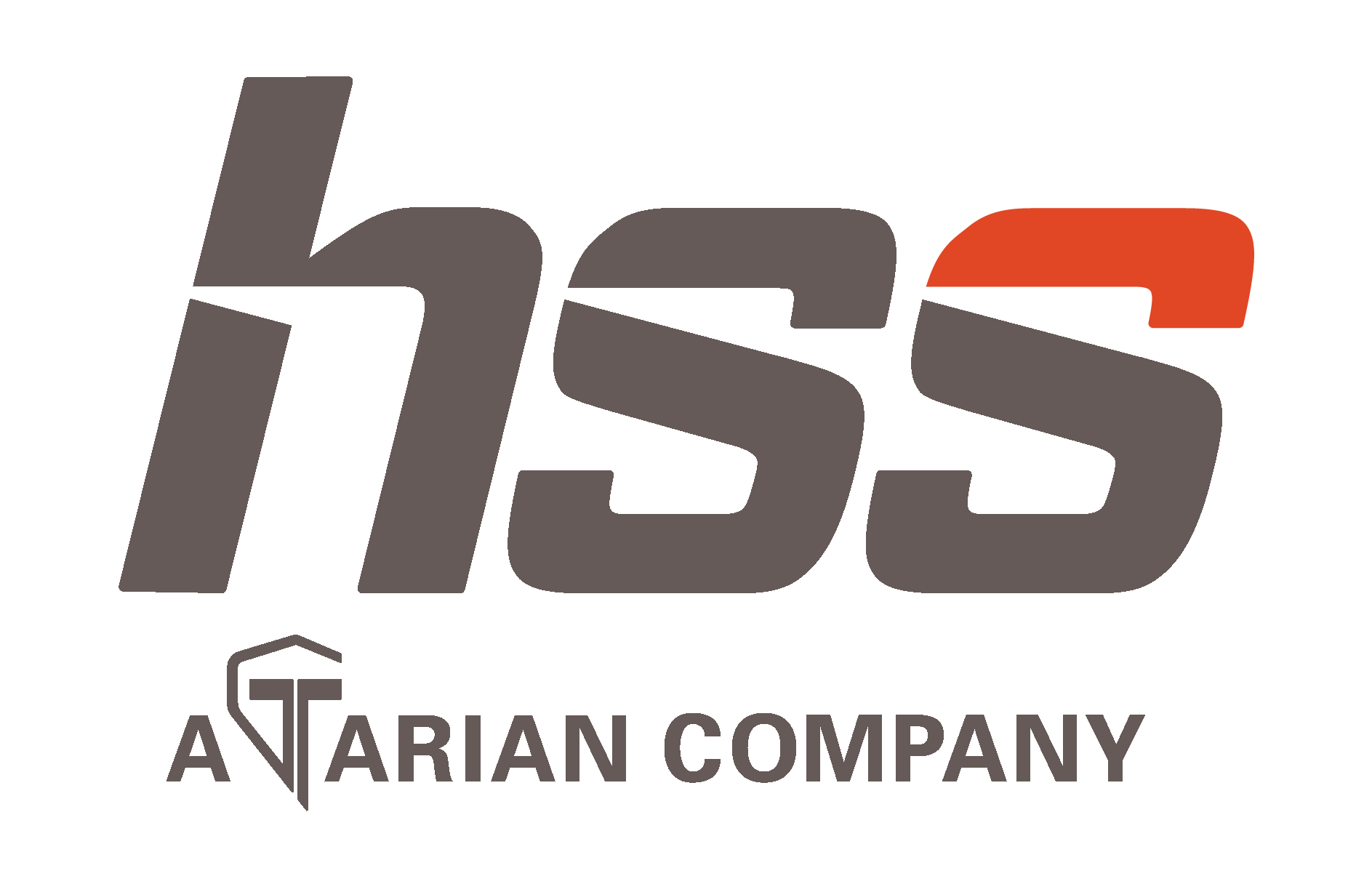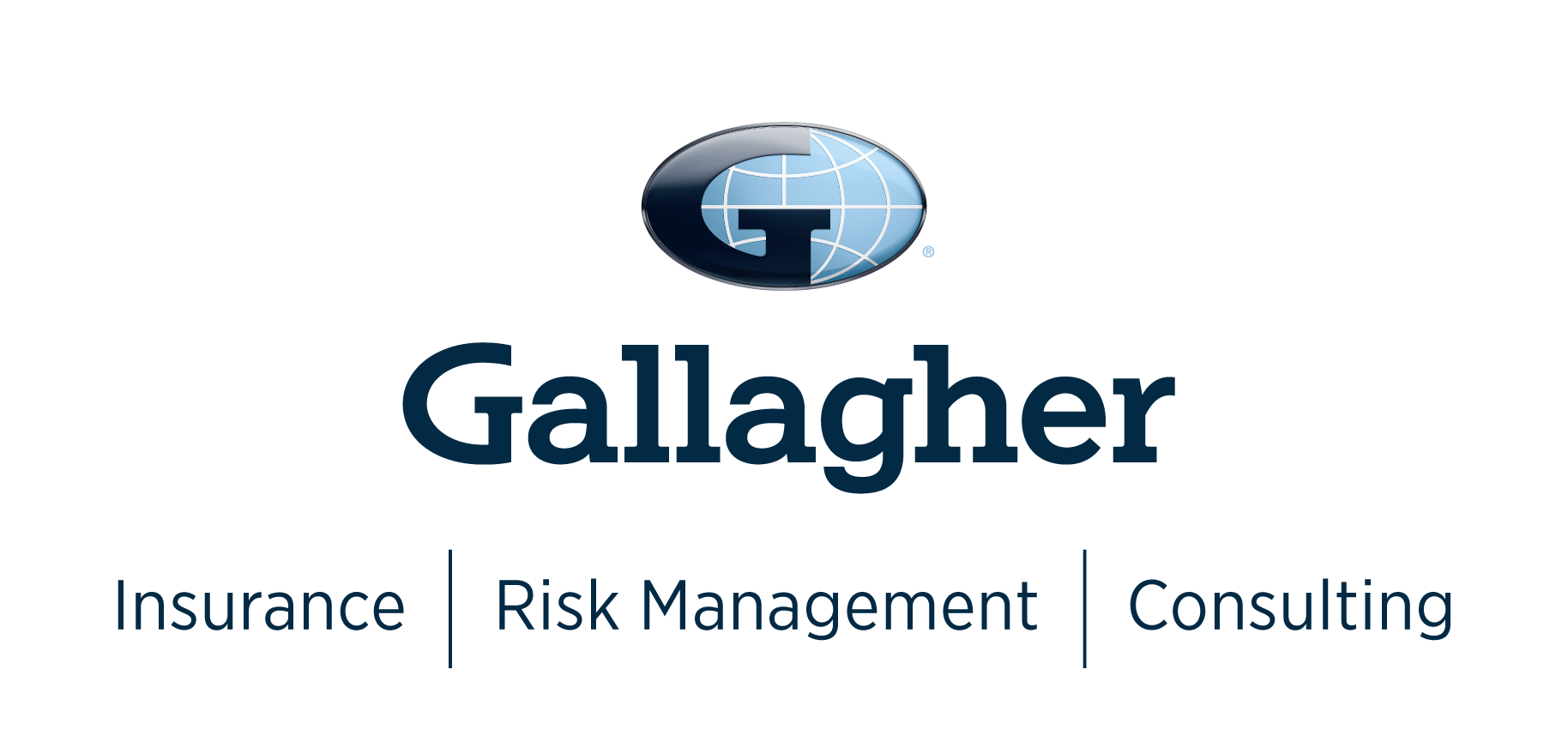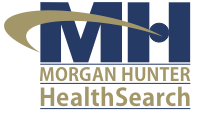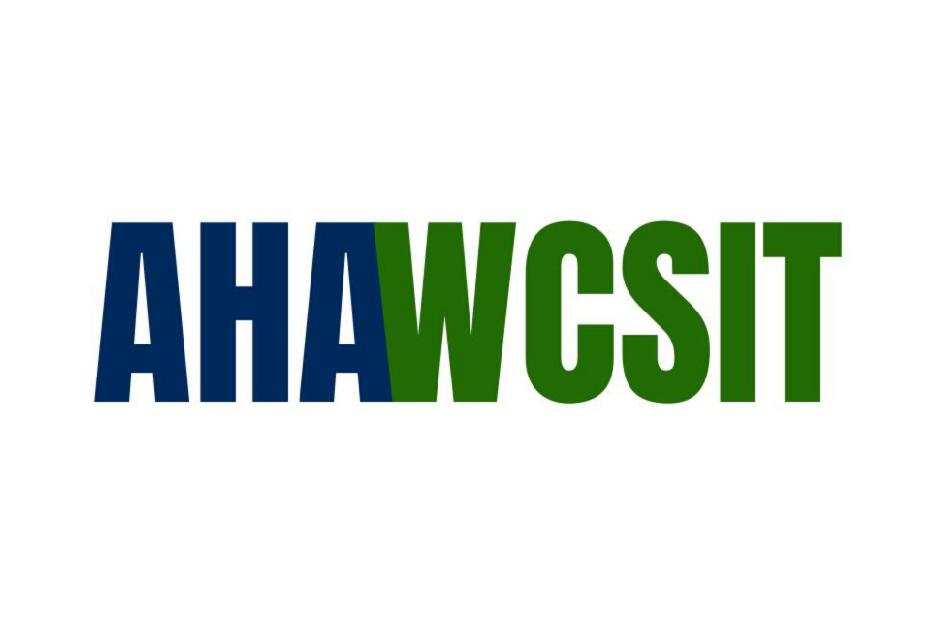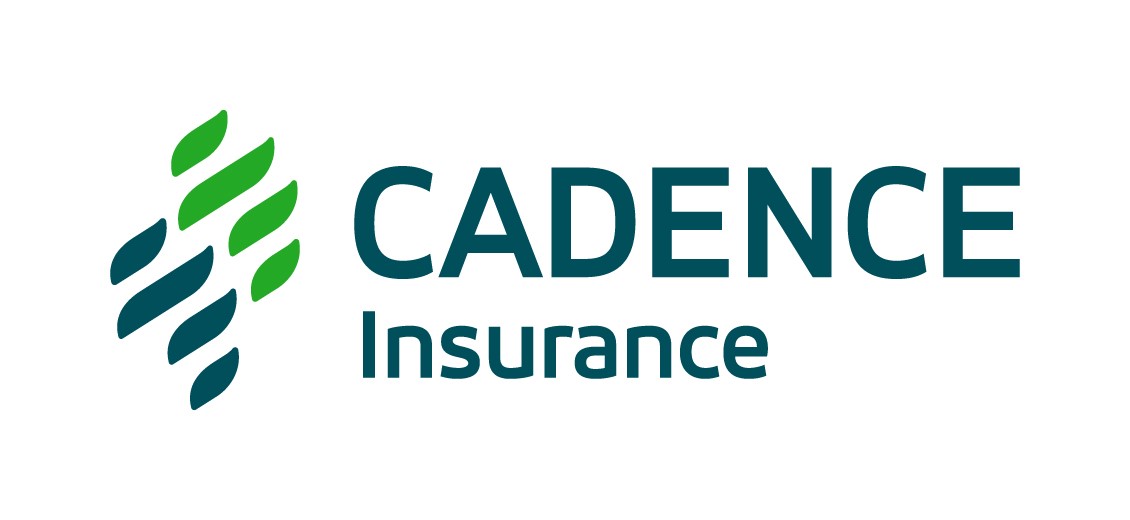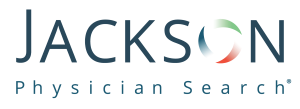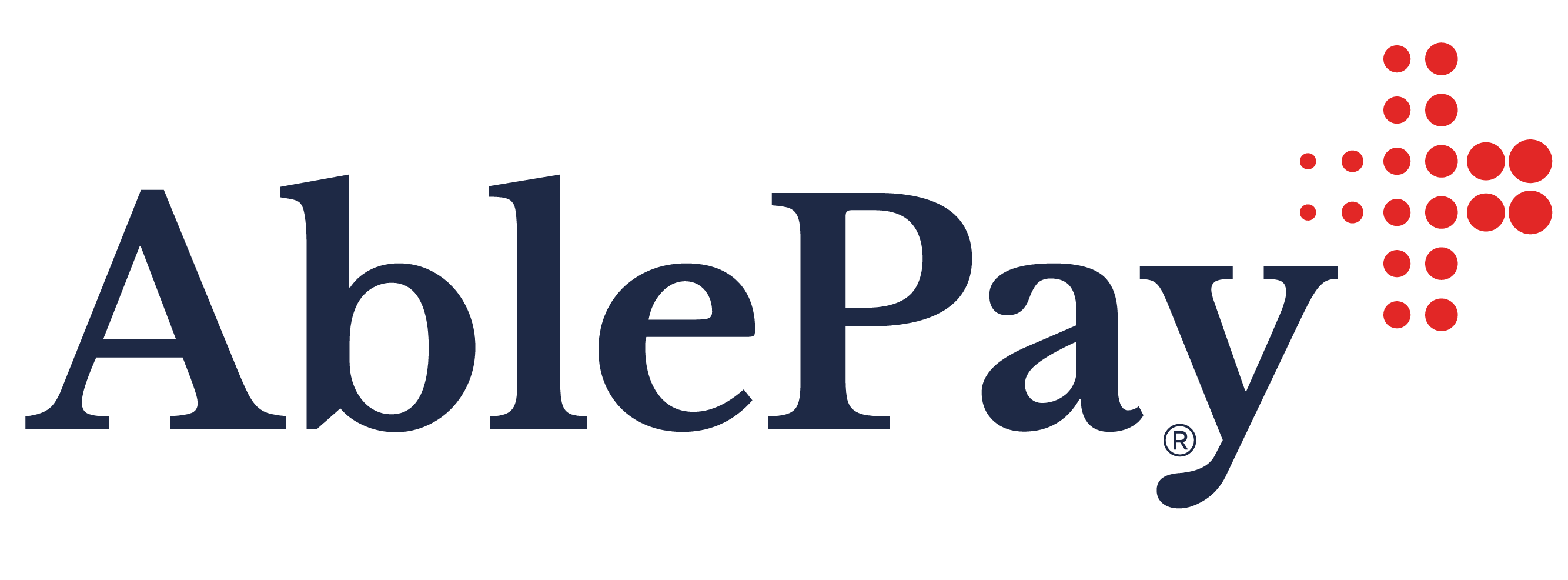The Negative Impact of Medical Credit Cards and Patient Interest Charges
The Consumer Financial Protection Bureau (CFPB), U.S. Department of Health and Human Services (HHS), and U.S. Department of Treasury (Treasury) launched an inquiry into high-cost specialty financial products, such as medical credit cards and installment loans, that are pushed on patients to pay for routine medical care, and which drive up health care costs and medical debt. The request for information builds on CFPB research on medical payment products and medical billing and collections, in addition to other actions by the CFPB and Federal agencies to relieve the burden of medical debt and collections practices. The three agencies seek information about the prevalence of these products, patients’ experiences with them, and health care providers’ incentives to offer these high-cost products to patients, which may include avoiding the insurance claims process and financial assistance programs. The CFPB will use public input as it considers ways to address the patient harms caused by these specialty financial products.
You can learn more about the inquiry below:
We are excited that our AHA Services’ endorsed business partner (AblePay) is the “antithesis” to the concerns highlighted above. AblePay (based out of Allentown, PA) is addressing the affordability gap by helping patients with savings on out-of-pocket expenses (up to 13%), savings over time, or extended terms with 0% interest, while also providing advocacy services if a patient has a question on a bill. Their solution is rapidly expanding across the country by helping both providers and their patients. AblePay is significantly changing the financial landscape for providers and their patients, and we are excited to share case study results from a Pennsylvania-based system that utilizes the AblePay program.
Ephraim McDowell Health Case Study: Improving Revenues and Patient Relationships with AblePay
Ephraim McDowell Health serves patients in six counties in Central Kentucky through three hospitals (two critical access) and 48 outpatient centers. They have over 1700 employees and have 282M in annual net revenue.
With revenues declining and the cost of collecting patient out-of-pocket responsibility steadily rising, Ephraim McDowell Health was in search of a way to improve their patient post insurance collections.
Ephraim McDowell selected AblePay’s unique process to increase revenue, decrease the cost of collections while also enhancing the experience for their patients. By assuming all payment risks, AblePay not only eliminated the unpredictability of patient payments, but all the associated costs. This positively impacted the health system while patients benefited from the savings, flexible payment options, a convenient payment portal, and billing advocacy provided by AblePay.
The results of the Ephraim case study with AblePay included:
- 106% increase in collection rate compared to their historical collection rate.
- 48% increase in revenue per patient.
- 46.2% of patients that enrolled in AblePay paid zero on prior bills.
- Days to collect decreased from 107 days to 14 days for AblePay members.


